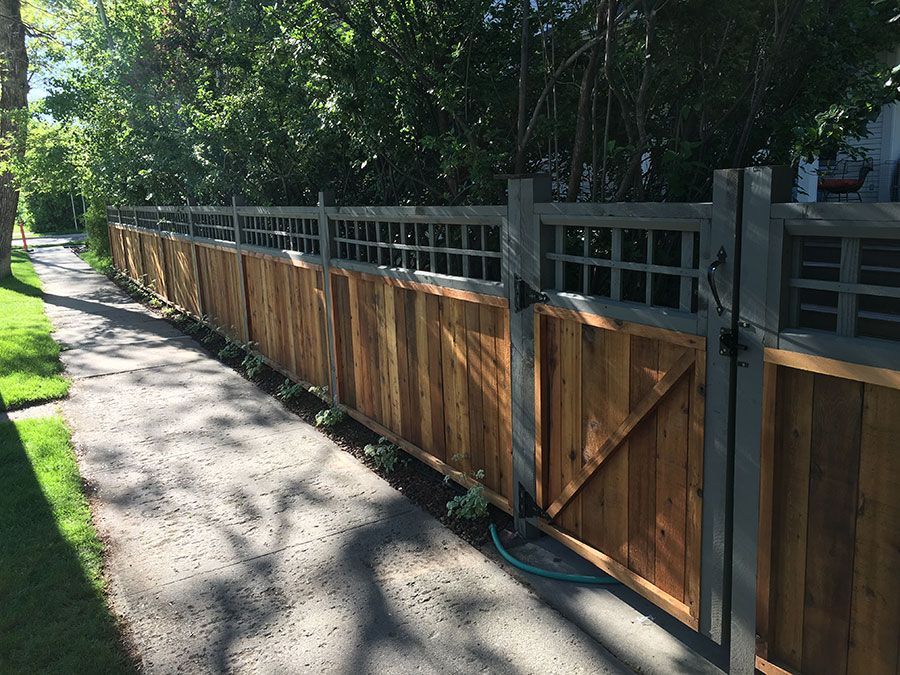Fence upkeep doesn’t always require expert help. With the proper tools and a little know-how, you can manage many standard issues yourself and save on repair costs. Here’s a simple guide to DIY fence care.
What You Need to Maintain Your Fence Yourself
To get started with fence repairs, gather the necessary tools. Below is a list of must-haves for most basic fence maintenance tasks:
- Hammer – Ideal for fixing loose nails or damaged boards
- Screwdriver – Ideal for tightening screws on wooden or metal fences
- Post Level – Ensures your fence posts stay perfectly vertical
- Paint or Stain – Using paint or stain protects wood from the elements and prolongs its lifespan.
- Wire Cutters – Useful for trimming wire fences or cutting away tangled vines
Step-by-Step Fence Repair Guide
Repairing a Loose Board
If you notice a loose or damaged board, fixing it is relatively simple:
- Use a hammer or screwdriver to remove any loose nails or screws.
- Reposition the board and fasten it with fresh nails or screws.
- If needed, reinforce the board with a corner bracket or additional support.
Sealing and Staining Wooden Fences
Sealing and staining your wooden fence is crucial for protection against the elements and preserving its appearance:
- Begin with a thorough cleaning, ensuring you remove all dirt, debris, and mildew.
- Select an appropriate stain or sealant that is intended for exterior applications.
- Apply evenly with a brush or sprayer, starting from the top and working your way down.
- Let the stain dry fully before using the fence again.
Recognizing When You Need Professional Fence Help
Some fence issues go beyond DIY repairs. While simple tasks like tightening screws or replacing damaged boards are easy, complex problems might need expert attention:
- Major structural issues, like leaning posts or a sagging fence.
- Electric fences or high-security fences require specialized knowledge and should be handled by experts.
- Severe weather damage that could threaten the structural integrity of your fence.
If you're unsure whether your repair is beyond your skill level, it's always better to call a pro. It can save you time, money, and potential frustration in the long run.
